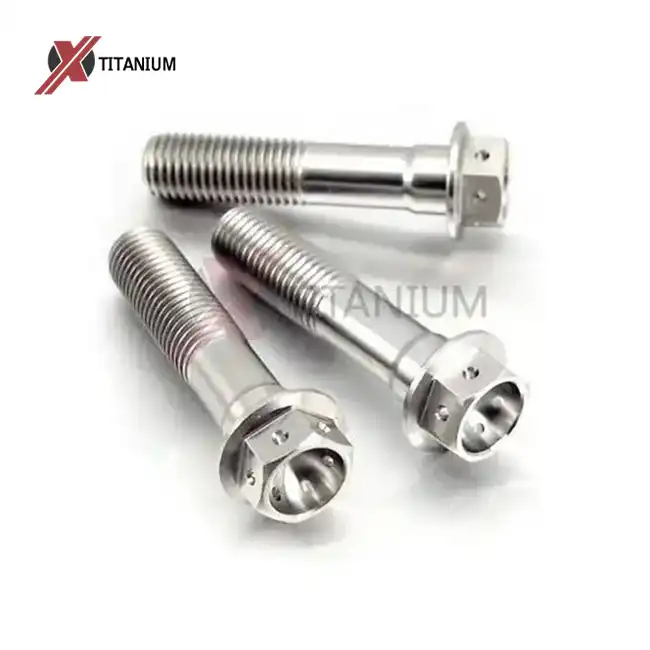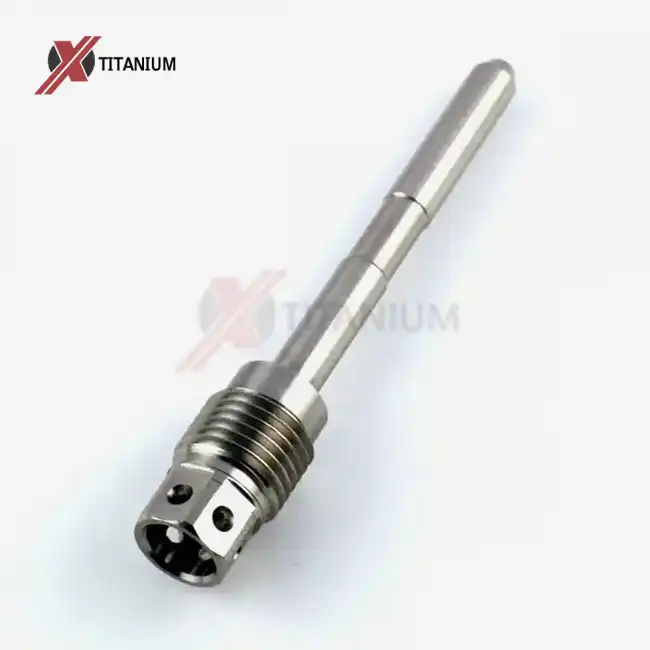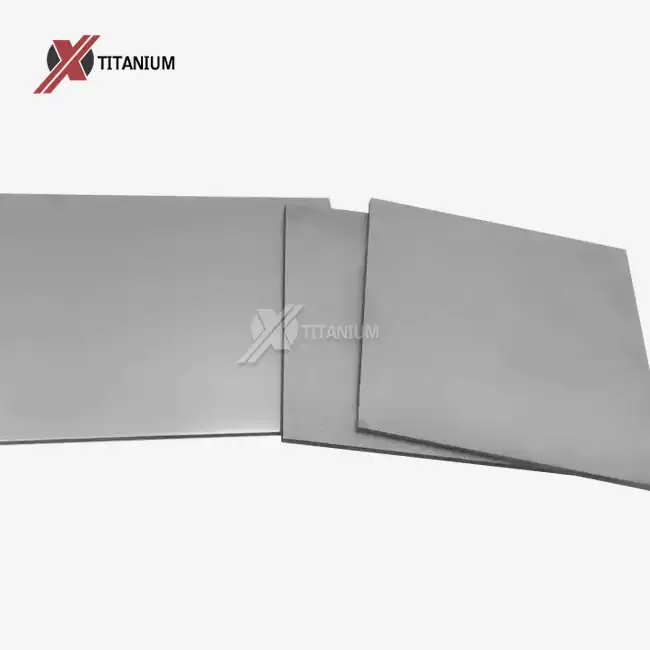- English
- French
- German
- Portuguese
- Spanish
- Russian
- Japanese
- Korean
- Arabic
- Greek
- German
- Turkish
- Italian
- Danish
- Romanian
- Indonesian
- Czech
- Afrikaans
- Swedish
- Polish
- Basque
- Catalan
- Esperanto
- Hindi
- Lao
- Albanian
- Amharic
- Armenian
- Azerbaijani
- Belarusian
- Bengali
- Bosnian
- Bulgarian
- Cebuano
- Chichewa
- Corsican
- Croatian
- Dutch
- Estonian
- Filipino
- Finnish
- Frisian
- Galician
- Georgian
- Gujarati
- Haitian
- Hausa
- Hawaiian
- Hebrew
- Hmong
- Hungarian
- Icelandic
- Igbo
- Javanese
- Kannada
- Kazakh
- Khmer
- Kurdish
- Kyrgyz
- Latin
- Latvian
- Lithuanian
- Luxembou..
- Macedonian
- Malagasy
- Malay
- Malayalam
- Maltese
- Maori
- Marathi
- Mongolian
- Burmese
- Nepali
- Norwegian
- Pashto
- Persian
- Punjabi
- Serbian
- Sesotho
- Sinhala
- Slovak
- Slovenian
- Somali
- Samoan
- Scots Gaelic
- Shona
- Sindhi
- Sundanese
- Swahili
- Tajik
- Tamil
- Telugu
- Thai
- Ukrainian
- Urdu
- Uzbek
- Vietnamese
- Welsh
- Xhosa
- Yiddish
- Yoruba
- Zulu
What Are the Key Benefits of Using Titanium Square Head Bolts in Industrial Applications?
When it comes to structural integrity, corrosion resistance, and overall performance, few fasteners outperform the titanium square head bolt. Known for its strength-to-weight ratio and resistance to environmental degradation, this unique bolt design has become a staple in numerous industries. But why exactly is it considered such a vital component in modern engineering? This article explores the standout qualities of titanium square head bolts, how they compare to other fasteners, and where they make the most impact — all based on current high-ranking insights and popular industry questions.

Why Is Titanium the Preferred Material for Square Head Bolts?
Unmatched Corrosion Resistance
Titanium naturally forms a dense oxide layer on its surface that acts as a barrier against oxidation and corrosion. Unlike stainless steel, which can corrode under chloride exposure, titanium remains stable even in saltwater and acidic environments. This makes titanium square head bolts the preferred choice in marine, offshore, and chemical plant applications, where standard materials would deteriorate quickly.
Impressive Strength-to-Weight Ratio
Grade 2 and Grade 5 titanium alloys — commonly used for bolts — offer tensile strengths of up to 950 MPa, rivaling high-strength steels. However, titanium is approximately 45% lighter, providing massive weight savings without compromising structural integrity. This property is especially beneficial in aerospace, automotive, and robotic systems where weight reduction directly enhances efficiency.
Thermal Stability
Titanium maintains its mechanical properties even at elevated temperatures, unlike many metals that weaken with heat. Titanium square head bolts can operate at temperatures above 400°C, which is why they are used in high-heat applications like engines, turbines, and exhaust systems.
Biocompatibility
Titanium is inert and non-toxic to biological tissues, making it ideal not just in medical implants, but also in industries that prioritize hygiene and sterility, such as food processing and pharmaceuticals.
How Do Titanium Square Head Bolts Compare to Hex Bolts and Other Fasteners?
Square vs. Hex: Grip and Torque
Square head bolts provide four flat sides that offer better grip for hand tools and prevent slippage during tightening. This makes them particularly useful in environments where manual operation is common or where automated assembly tools cannot easily reach. The square shape also minimizes the risk of bolt head rounding, which is a common issue with hex bolts after repeated use.
Anti-Rotation Advantage
A unique advantage of square head bolts is their ability to lock into square slots or keyways, preventing rotation during installation or under vibration. This is crucial in wood-to-metal or metal-to-metal assemblies where only one side of the bolt is accessible.
Durability and Lifespan
Titanium square head bolts outlast carbon steel and even most stainless steel bolts in harsh conditions. Their resistance to fatigue, corrosion, and mechanical wear extends service life and reduces the frequency of replacements. While the upfront cost is higher, the long-term savings in maintenance and downtime are significant.
Visual and Mechanical Appeal
In some high-end architectural or custom mechanical assemblies, titanium square head bolts are also chosen for their aesthetic — their matte grey luster and precise geometric lines lend a high-tech, industrial look that also delivers unmatched functionality.
What Are the Most Common Applications of Titanium Square Head Bolts?
1. Marine and Offshore Structures
Ships, docks, offshore platforms, and submersible equipment all battle corrosion from saltwater and high humidity. Titanium square head bolts are essential in these applications, offering excellent corrosion resistance and structural stability without the need for frequent maintenance.
2. Aerospace and Aviation
Aircraft frames, landing gear, engine mounts, and hydraulic systems all benefit from the lightweight strength of titanium. The square head design allows for easy and secure fastening in confined spaces and maintenance points. In satellite and space applications, titanium's performance under extreme temperatures and vacuum conditions makes it indispensable.
3. High-Performance Automotive and Racing
From supercars to racing bikes, reducing weight without compromising safety is a top priority. Titanium square head bolts are used in suspension systems, brake assemblies, and engine components where every gram counts and performance matters.
4. Chemical Processing Facilities
These environments expose equipment to aggressive chemicals, including acids, alkalis, and solvents. Titanium bolts offer longevity in such settings, ensuring that tank covers, pipe flanges, and reactor seals remain secure under extreme conditions.
5. Renewable Energy
Wind turbines, hydroelectric plants, and solar energy systems often operate in remote or corrosive environments. The reliability and low maintenance needs of titanium fasteners make them ideal for mounting critical structural elements and components.
How Can Engineers Maximize the Performance of Titanium Square Head Bolts?
Proper Torque Application
Despite their strength, titanium bolts require specific torque values to avoid galling (friction welding). Using anti-seize lubricants or surface coatings like silver or molybdenum disulfide can help reduce friction during tightening and prolong thread life.
Pairing with Compatible Materials
While titanium is corrosion-resistant, galvanic corrosion may occur when it contacts dissimilar metals in wet or electrolytic environments. Engineers should ensure that mating components are either titanium or compatible alloys to minimize electrochemical reactions.
Thread Engagement and Preload
To optimize load distribution, threads should engage at least 1.5 times the bolt diameter in the receiving material. Titanium's elastic modulus is lower than steel’s, so preload settings should be adjusted accordingly to maintain joint integrity under dynamic loads.
Storage and Handling Best Practices
Although titanium is tough, surface contamination from grease, oil, or foreign metals can affect its corrosion resistance. It's essential to store titanium bolts in clean, dry conditions and handle them with non-metallic tools or gloves to preserve their protective oxide layer.
Final Thoughts
Titanium square head bolts represent a fusion of smart design and advanced metallurgy. Their combination of geometric simplicity, mechanical robustness, and chemical stability makes them invaluable in a wide variety of applications — from ocean depths to outer space.
They may come at a premium cost, but when the cost of failure is far greater — in safety, downtime, or maintenance — the investment pays off many times over. As industries continue to push the limits of performance and environmental endurance, titanium square head bolts are set to remain at the forefront of critical fastening solutions.
References
-
Smith, J.R. (2021). "Advanced Materials in Aerospace: The Role of Pure Titanium". Journal of Aerospace Engineering, 45(3), 234-248.
-
Johnson, A.M. & Williams, P.K. (2020). "Biocompatibility of Titanium in Medical Implants: A Comprehensive Review". Biomaterials Science, 8(12), 3301-3320.
-
Chen, Y., et al. (2019). "Corrosion Behavior of Pure Titanium in Marine Environments". Corrosion Science, 152, 120-133.
-
Patel, R.N. & Thompson, L.E. (2022). "Manufacturing Processes for High-Quality Titanium Plates". Advanced Materials Processing, 180(5), 45-58.
-
Garcia, M.S., et al. (2023). "Applications of Pure Titanium in Sustainable Architecture". Architectural Engineering and Design Management, 19(2), 178-195.
Learn about our latest products and discounts through SMS or email



